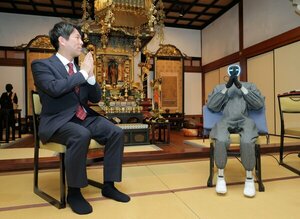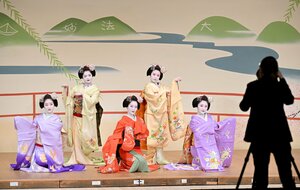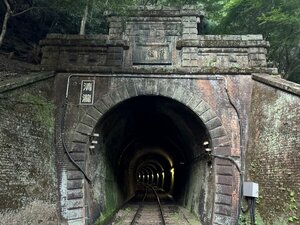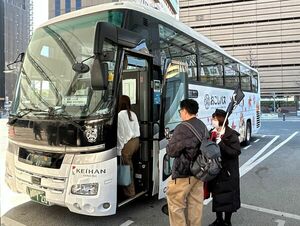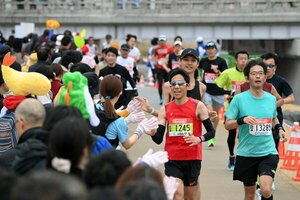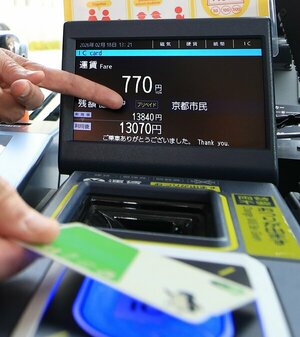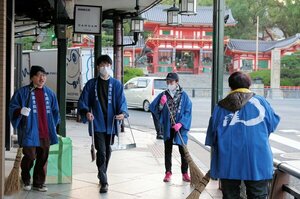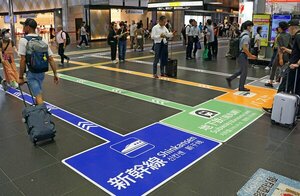Miyagawacho in Higashiyama Ward, Kyoto City, one of Kyoto's geisha districts, will hold its autumn dance performance "Mizue-kai" in November for the first time in five years after it was suspended due to the COVID-19 pandemic. Geiko and maiko are practicing hard to make up for the gap.
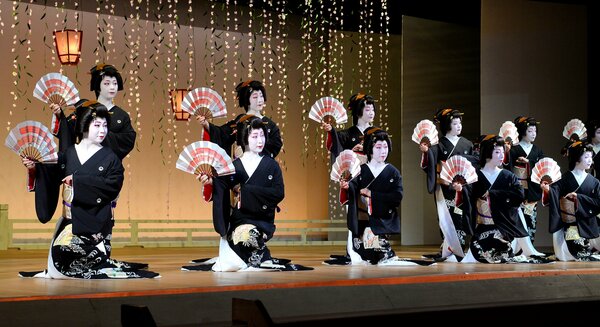
Miyagawacho has held the "Kyoto Dance" in the spring, which features new works, and the Mizue-kai in the fall, which showcases classic pieces and concludes with the geiko dance "Miyagawa Kouta." After being suspended due to the COVID-19 pandemic, the Kyo Dance resumed three years ago, but the Mizue-kai was scheduled to resume once the Miyagawacho Kaburenjo Theater, which is currently being rebuilt, was completed.
However, since geiko who changed their collar from maiko after the COVID-19 pandemic cannot dance Miyagawa Kouta, the Miyagawacho Geisha Association has voiced concerns that "if the hiatus continues for a long time, it will be difficult to pass on the art," and so the decision was made to resume the performance earlier. Next year, when the new Kaburenjo is completed, the Kyoodori and Mizue-kai performances will be suspended, and instead a grand opening performance is planned for autumn.
This year's autumn Mizue-kai will be held on November 16th and 17th at the Kyoto Prefectural Culture and Arts Center in Kamigyo Ward, Kyoto City, with 37 geisha and maiko taking to the stage.
There will be two performances on both days, at 1pm and 4pm. The performance will open with the maiko's jiuta song "Tsuru no Koe," followed by Tokiwazu "Noriai-bune Eho Banzai," Kiyomoto "Yoshiwara Suzume," Nagauta "Gojobashi" (November 16th) and "Musume Dojoji" (November 17th), and the finale will be Miyagawa Kouta. Admission is 8,000 yen. For inquiries, call Miyagawacho Kabu-kai at 075 (561) 1151.

